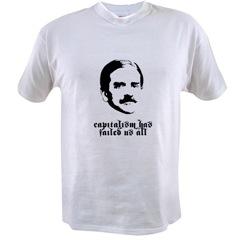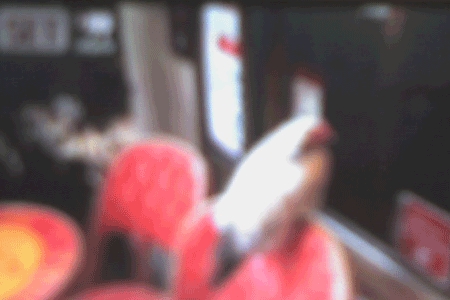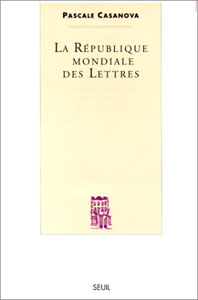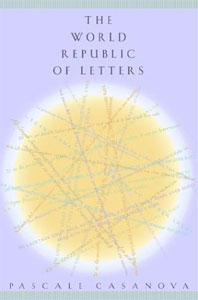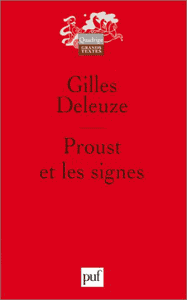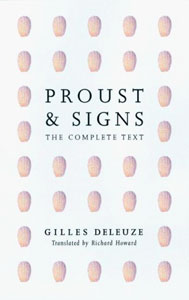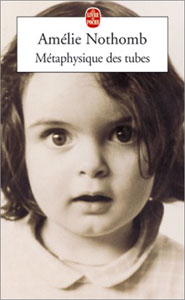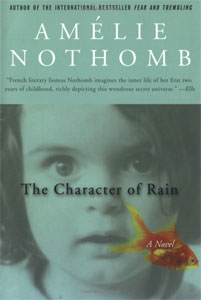“On my next visit to Kafka I inquired:
‘Do you still go to the carpenter in Karolinenthal?’
‘You know about that?’
‘My father told me.’
‘No, I have not been for a long time. My health does not permit it any more. His Majesty the Body.’
‘I can quite understand. Working in a dusty workshop is not very pleasant.’
‘There you are wrong. I love to work in workshops. The smell of wood shavings, the humming of saws, the hammer-blows, all enchanted me. The afternoon went so quickly I was always astonished when the evening came.’
‘You must certainly have been tired.’
‘Tired by happy. There is nothing more beautiful than some straightforward, concrete, generally useful trade. Apart from carpentry, I have also worked at farming and gardening. It was all much better and worth more than forced labour in the office. There one appears to be something superior, better; but it is only appearance. In reality one is lonelier and therefore unhappier. That is all. Intellectual labour tears a man out of human society. A craft, on the other hand, leads him towards men. What a pity I can no longer work in the workshop or in the garden.’
‘But you would not wish to give up your post?’
‘Why not? I have dreamed of going as a farm labourer or an artisan to Palestine.’
‘You would leave everything behind?’
‘Everything, if I could make a life that had meaning, stability, and beauty. Do you know the writer Paul Adler?’
‘I only know his book The Magic Flute.’
‘He is in Prague. With his wife and the children.’
‘What is his profession?’
‘He has none. He has no profession, only a vocation. He travels with his wife and the children from one friend to another. A free man, and a poet. In his presence I always have pangs of conscience, because I allow my life to be frittered away in an office.’
(Gustav Janouch, Conversations with Kafka, trans. Goronwy Rees, pp. 15–16)
